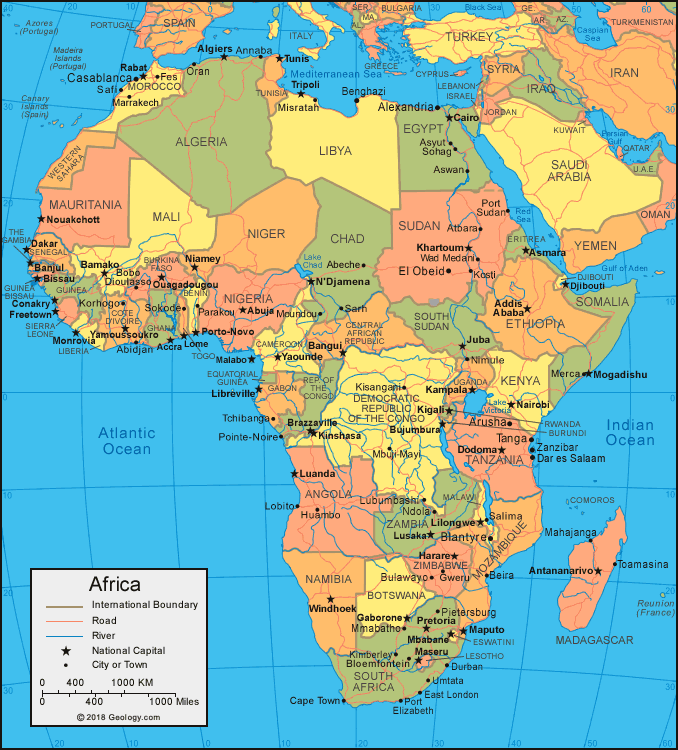Aims:
Discuss stereotypes and where they come from.
Watch and discuss video clips which confront stereotypes.
Practice using adverbs of frequency.
National Stereotypes 1
Fill in the gaps:
1. Italian people eat ____ ever day
1. What do the following figures refer to?
a) money
Did you watch the film Black Panther?
How did this film try to change the stereotypical view of Africans?
Watch:
I don't need subtitles
Discuss the video - what is the video's message?
How would Middle-Eastern, Muslim, Arabic people feel about this video?
What do people actually say?
What would you like people to ask you about?
What do you feel is really positive about your country?
What do you feel is negative?
Generalising
-
Adverbs of frequency
· always
· almost always
· usually/
generally/ most of the time/ normally/
· often
· fairly often
· sometimes
. no so often
· occasionally /
once in a while
. very rarely
. never ever
Think up a sentence for four of these about people in your
city or people in your country:
swear
allow you into their house
get drunk
shout in the street
drop litter
cry in public
talk about art
talk about politics
spend the whole day indoors
complain about their parents
complain about the boss
go skinny dipping
haggle over prices
trust strangers
Examples:
People in my country almost always trust
strangers.
Aucklanders almost never spend the whole day indoors.
1.________________________________________________________________________________________________________________________________________________________________2.________________________________________________________________________________________________________________________________________________________________3.________________________________________________________________________________________________________________________________________________________________4.________________________________________________________________________________________________________________________________________________________________
_________________________________________________________________________________
Advertising
White washing
Discuss the complexities of this advertisement.
"Smack and Cheese"
Burgerfuel Narcos spoof
1. What are some stereotypes you know of about women?
How does the ad use female stereotypes?
What are the two males in the ad like?
What kind of customer do you think the ad is appealing to?
Before watching the clip, predict what it will be about from the picture.
Do you feel this clip is showing us something that is true about men and women? Or is it stereotyping men and women?
Do you agree?
It's mostly stereotyping women.
It's stereotyping both men and women.
The characters aren't meant to be real - it's comedy!
It makes fun of men and women equally.
It makes a good point.
It's too simplistic.

It's NOT about the nail
After watching:
Do you feel this ad was stereotyping women and men?
Discuss the comments:
"This hysterical clip shows us very clearly how important it is to LISTEN when women talk and not try to solve their problems!!!! LOL!"
"The way men and women communicate with each other is very different. Men want to fix things. Women need to be heard. Men need to watch this."
"Don't try to fix it. I just need you to listen." Every man has heard these words. And they are the law of the land. No matter what."
Judging by the 2k thumbs down, there are at least 2k women with a nail in their forehead!
"Rationalism vs Emotions"
"I dare say this video really "Hit the nail on the head" bad dum tish"
Africa For Norway
Africa for Norway
Watch the video
1. Who do you think made the video?
2. Why?
3. What's the message of the video?
After discussion: here's the text that accompanies the video.
The gaps are adverbs of frequency - can you guess them?
Imagine if every person in Africa saw the "Africa for Norway" video and this was the only information they ____ got about Norway. What would they think about Norway? If we say Africa, what do you think about? Hunger, poverty, crime or AIDS? No wonder, because in fundraising campaigns and media that's _____ what you hear about. The pictures we _____ see in fundraisers are of poor African children. Hunger and poverty is ugly, and it calls for action. But while these images can engage people in the short term, we are concerned that many people simply give up because it seems like nothing is getting better. Africa should not just be something that people either give to, or give up on.
Vocab:
impact based developments truth simplistic address focus
in on on on of to
The ______ is that there are many positive________ __ African countries, and we want these to become known. We need to change the________ explanations ___ problems in Africa. We need to educate ourselves on the complex issues and get more ________ __ how western countries have a negative _____ ___ Africa's development. If we want __ ______ the problems the world is facing we need to do it _____ ___ knowledge and respect. The video is made by The Norwegian Students' and Academics' International Assistance Fund.


